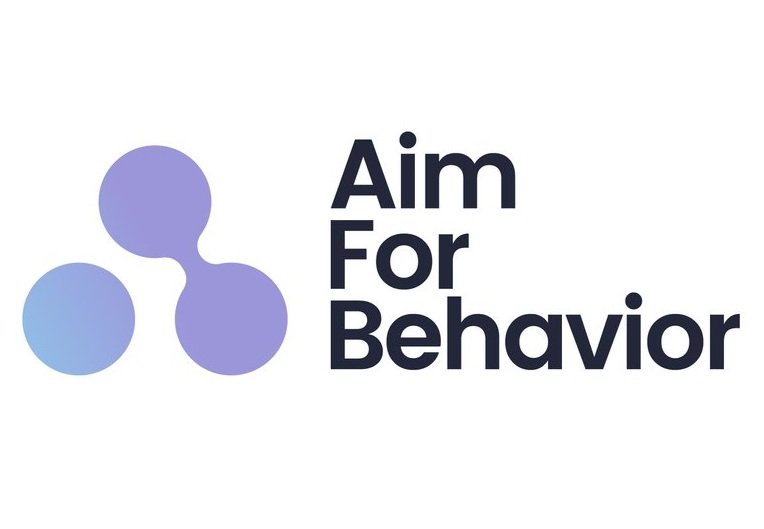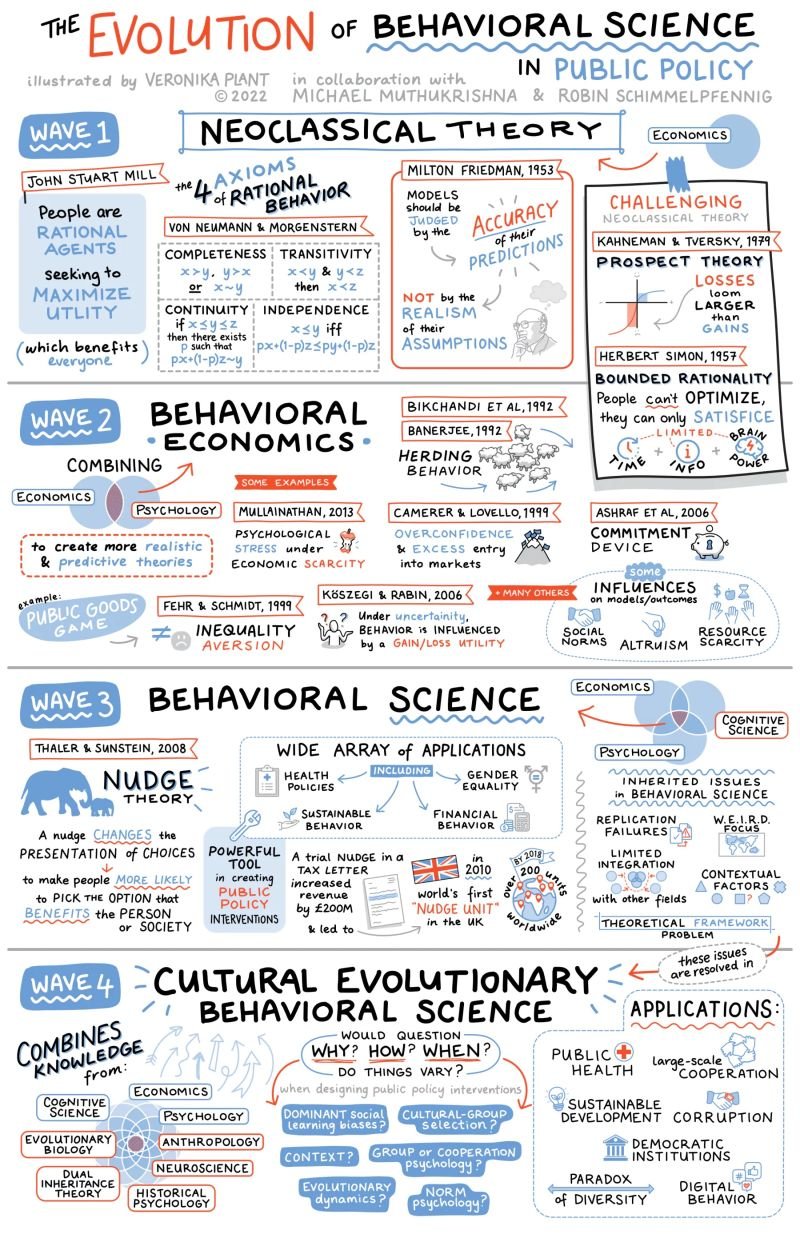What excites me about Behavioral Science is the multi-disciplinary approach that we take to solve complex problems.
Image credit: Veronika Plant in Collaboration with Robin Schimmelpfennig and Michael Muthukrishna (2023)
I feel most people's mental model of behavior change is cognitive biases, systems 1 and 2, and Nudge, which have created some challenges.
As with most things, Behavioral Science has been evolving - based on constant iteration, testing, and learning.
I won't go through the history of it, many others are wiser than me on this - but if you want to read more, I encourage you to look at what Peter Slattery, PhD - and of course, the authors Robin Schimmelpfennig et al (2023) of the paper where this image is taken from have written.
What I would like to point out in this post, is that when we are working on projects that require behavior change and behavior as a lens - we are not trying to replace how people and organizations work, we are just trying to give a new perspective on how they can have new levers for change and a new perspective to look from.
That perspective comes from among other things: (not all are included)
-Neuroscience
-Psychology
-Anthropology
-Sociology
-Culture (Cultural Evolution)
-Cognitive Science
-Systems Thinking
-Human-Centered Design
It is a mix of methods (which may also change) to help us get better outcomes - that I would say, is really what we are after - outcomes that need to help both the organization and the people it serves.
This mix of methods for behavior change is known mostly as behavioral science (I'm sure someone will correct me in the comments) - but if it's known as something else in the future - meaning it evolves - that's ok - what I'm after are the outcomes it can give me, and not how it's called.
There is no way you can create change with the cognitive biases you learned in a codex - it takes so much more to de-risk a hypothesis in a real-life project.
It also takes knowing the context (and even this is tricky), the norms and so much more.
Behavioral Science is not a black box of magic and easy tricks (if they tell you this, please run the other way) - it is really about embracing mixed methods, evolving from learnings, and using science.
It also is about involving different teams in your organization to learn, upskill or add the skills they already have to projects, so you break the silos - because in the end, as I said before, we are all after the same thing - better outcomes.
I'll close with something I tell my Aim For Behavior clients:
Eventually, we want to step back and be more of a coach when/if needed and for you and your teams to get the competence you need to run these projects together and without us.
It's not what other consultants may want to say or sell, but this is the road to take if you want to embed this capability in an organization.
Robert

